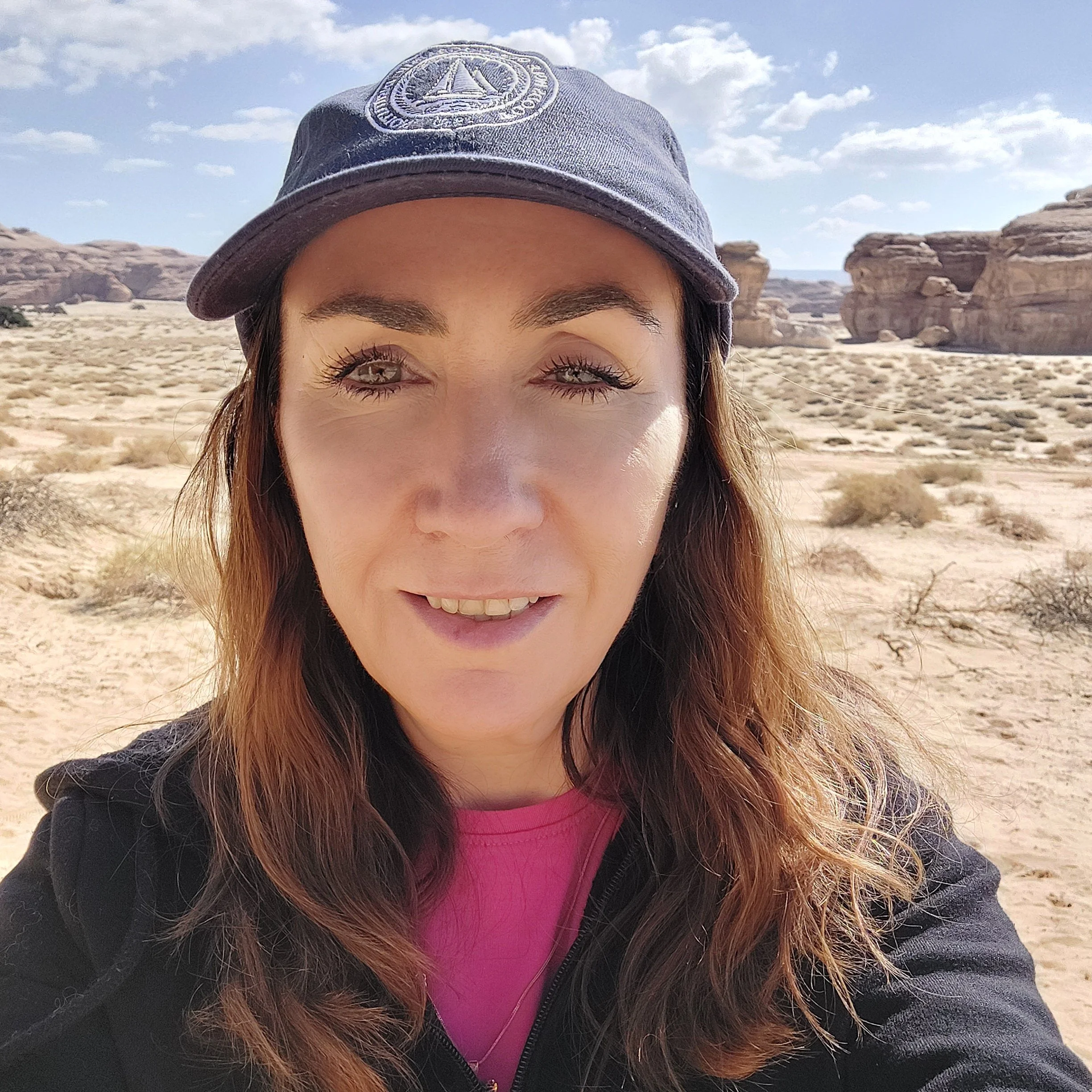The Spiral: From Social Drinking to Silent Struggle
Part 1 of My Journey to Alcohol-Free Living
Growing up in the UK, I was a late starter with drinking. I didn’t really drink in my teens. I went to a straight-laced all-girls school and I was often the designated driver when I went out to pubs and clubs with my friends. I used to borrow my dad's car, so I'd be the driver, and honestly, I just wasn't that bothered about drinking.
Everything changed when I went to university. It was the 90s in the UK, and there was quite a big binge-drinking culture. Living in a shared house with other students, we had house parties, and it all seemed quite fun and exciting. Having hangovers at the weekend was the norm. We laughed about it, and planned our next night out. At that time, I didn’t sense that there was anything dark about my drinking, and it just seemed like a ‘rite of passage’ that I was going through with my friends. The ‘ladette’ culture was also in full swing, where it seemed a rebellious move to drop any ‘lady-like’ social pressures, throw caution to the wind, and drink as much as we damn well wanted to.
The Beginning of the Spiral
In 1996, I got a job teaching English as a foreign language in Poland, and I was there for five years. That's when my drinking increased. I found myself in a relationship with a much older British man. He was very much in that daily pub drinking culture, which hadn't been part of my experience growing up in the UK at all. I drank because I wanted to fit in to my partner’s routine, and fit in with those around me. But also, I didn't want to face up to the growing awareness of feeling trapped in the relationship. We worked together, shared common friends in this tightly knit expat scene, and I didn't know how I could leave. So I just carried on in this negative spiral of drinking quite heavily, though at that time it was still in a social setting, and I wasn’t drinking alone.
When the Pattern Changed
After five years, I moved back to the UK in the early 2000s and got a job at a language school teaching English in Brighton. It was a very sociable scene - mostly young people who'd been traveling a lot and were doing this job for maybe a few months before they went off traveling again. We went out drinking after class frequently, we organised social events for the students, and that's when I realized my drinking was quite different from some other people's.
I didn't have an off switch. Once I started, I couldn't stop, and I knew that I wanted to carry on. If the pubs had closed, I'd want to go to a nightclub, and it was quite easy to do because I found other people that wanted to do the same. There were other heavy drinkers around me to normalize it, and a lot of the time it still seemed fun.
The Depression Connection
I was also drinking to deal with mental health issues around depression, which I was first diagnosed with in my early 20s. That had escalated since I'd been in the difficult relationship with the older man. During that time, most of my drinking was still sociable, but I did start drinking wine at home in the evenings, as I thought it would ease depression and help me sleep.
Then came a turning point. I was in what I thought was a happy relationship for a few years with a man from another country. When it ended, I was devastated. I was in my mid-30s, and I had thought we would get married, have children, and I would move to his country to be with him. My friends had expressed concerns when we got together, and gently told me he would probably return to his home country to have an arranged marriage, but I was convinced that our love would overcome everything. He did, and it didn’t. I felt stupid, gullible, and heartbroken, all at the same time.
The Darkest Times
That's when my drinking really escalated. I was having quite severe bouts of depression and drinking by myself in a way that I never had done before. When I changed jobs from teaching to publishing and became home-based, things got worse. I didn't need to be in a staff room at nine o'clock in the morning, and I started drinking more heavily by myself.
My mental health was getting progressively worse, and I didn't fully make the connection between alcohol and depression. Because I felt I'd always had depression, even as a teenager, I gave myself the excuse that alcohol was helping. Maybe it did for about 20 minutes or so, but then, of course, it made it way, way worse.
I was signed off work for periods of time with depression, which made everything even worse because then I was just left to my own devices at home. I became quite isolated and really stepped up the drinking, including daytime drinking. I'd have periods of a few days where I tried to quit but it didn't stick.
I looked absolutely dreadful. I piled on weight, but it wasn't from overeating. I remember a really close friend saying to me, "What about trying more healthy eating, cutting out the cakes and sweets?" I couldn't tell her that all of this weight was from wine - bottles of white wine. I became very self-conscious about my appearance and isolated myself even more. I was ashamed, and I couldn’t bear people seeing me.
A Glimpse of Hope
If you recognize yourself in any part of this story - the gradual spiral, the loss of control, the silent struggle - know that this isn't the end of the story. There is a way out, and you don't have to figure it out alone.
Want to take the first step towards changing your relationship with alcohol? Download my free 7-Day Alcohol-Free Kickstart guide. It's designed specifically for women who are ready to explore what life could look like without alcohol.
You can also sign up here for my weekly email, where I share tips and motivation.
Next week, I’ll share Part 2 of my journey, where I'll tell you about my first attempts at sobriety and the lessons I learned along the way.

